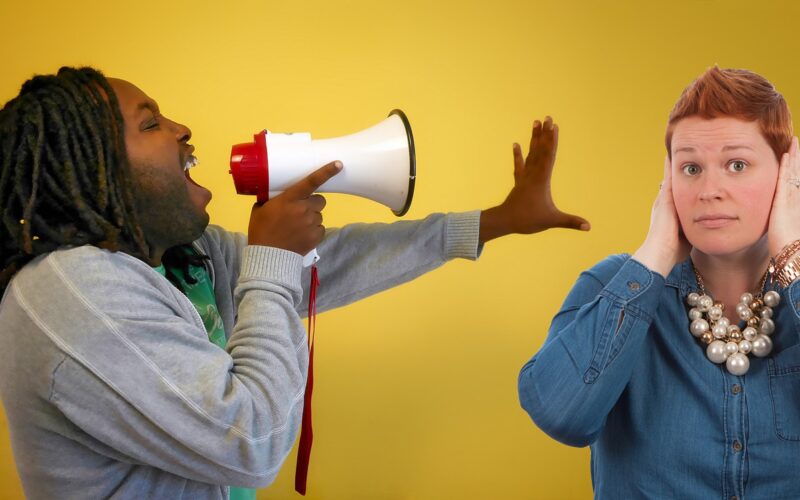In the landscape of romantic relationships, it's crucial to distinguish between caring gestures and controlling behaviour. While love often involves a degree of care and concern for one’s partner, there exists a thin line where these actions can cross into the realm of control, leading to an unhealthy dynamic. Recognising the tell-tale signs of a controlling partner is essential for maintaining one's well-being and ensuring the relationship is grounded in respect and equality.
Constant checking and questioning
One of the most apparent signs of a controlling partner is their incessant need to know where you are, who you're with, and what you're doing at all times. This goes beyond a simple expression of concern; it's a method of keeping tabs on you. If you find yourself having to report your every move or justify your decisions on a regular basis, it might be time to reassess the dynamics of your relationship.
Isolating you from friends and family
A controlling partner often tries to limit your interactions with close friends and family. They might criticise the people you're closest to, making unfounded accusations about their intentions, or create situations that make it difficult for you to spend time with others. This isolation tactic is a red flag, as it aims to diminish your support network, making you more dependent on them.
Making decisions for you
In a healthy relationship, decisions—ranging from minor choices about dinner plans to significant life changes—are made together, respecting each other's opinions and desires. A controlling partner, however, will often make unilateral decisions, disregarding your preferences and autonomy. This can manifest in telling you what to wear, where you can go, or even making significant life choices without consulting you.
Criticism that undermines your self-esteem
Criticism from a controlling partner is often not constructive but rather a way to chip away at your self-esteem. This can involve remarks about your appearance, intelligence, or abilities, subtly or overtly implying that you're not good enough. The goal here is to lower your self-confidence to the point where you start believing you can't do better than the relationship you're in.
Financial control
Controlling behaviour can also extend to finances, with one partner taking sole control over money matters, including how money is spent or saved. This form of control is particularly insidious, as it can leave the controlled partner financially dependent, limiting their ability to make independent decisions or leave the relationship if they choose to.
Ignoring your boundaries
Every healthy relationship is built on mutual respect for each other's boundaries. A controlling partner often disregards these boundaries, whether they are emotional, physical, or digital. They may read your messages without permission, insist on intimacy when you're not comfortable, or dismiss your requests for space as unnecessary or selfish.
Recognising these signs in your relationship is the first step towards addressing the issue. It's important to communicate your feelings and concerns with your partner, seeking professional help if necessary. Remember, everyone deserves to be in a relationship that respects their freedom, individuality, and well-being.




















